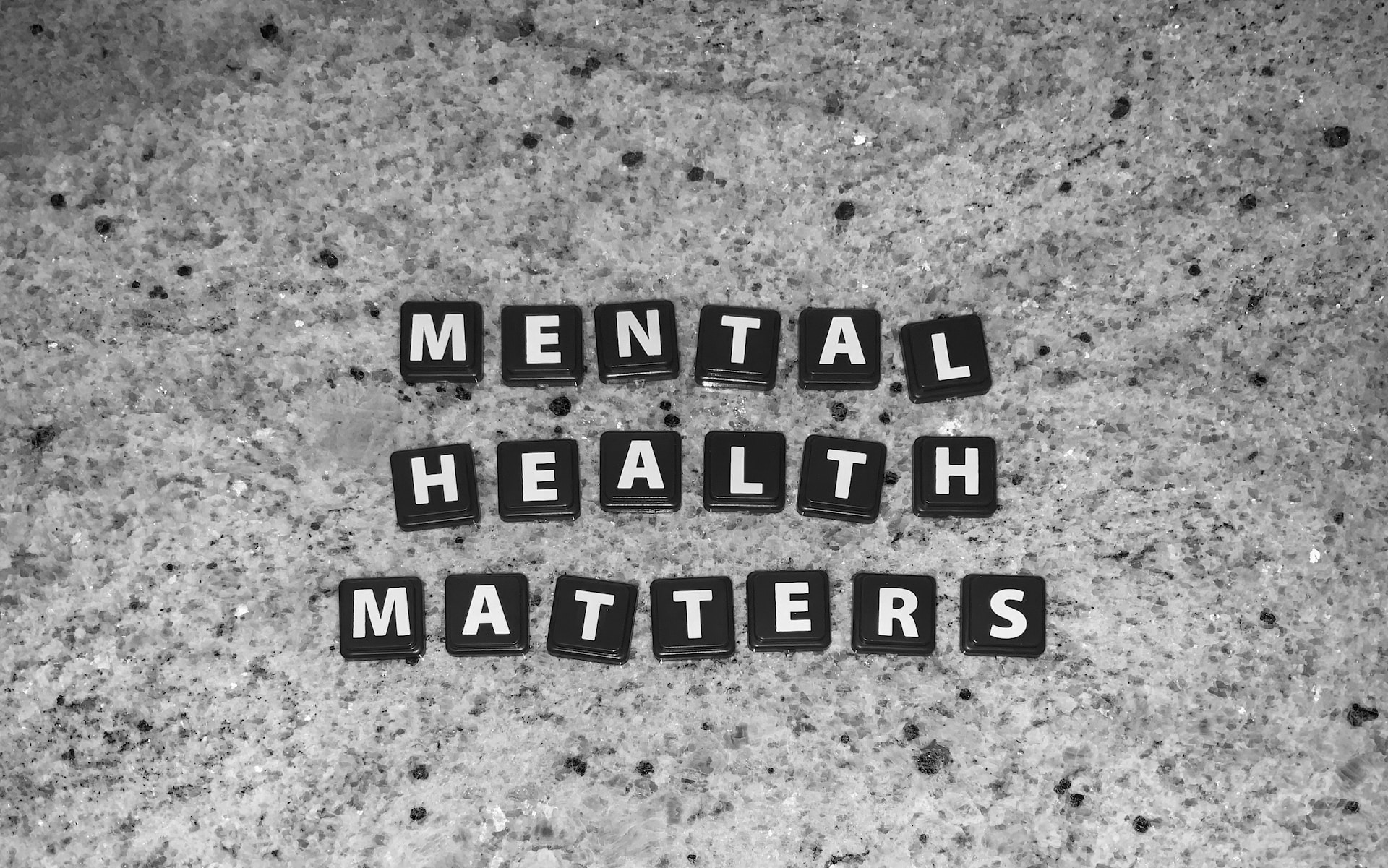
In the small city of Sderot, located perilously close to the Gaza Strip, the Sderot Resilience Center stands as a testament to the strength and perseverance of its residents. Established fifteen years ago, the center has been a lifeline for those grappling with the psychological fallout of living under the constant threat of conflict.
Addressing PTSD in a Community Under Siege
Sderot’s proximity to the Gaza Strip has exposed its residents to relentless missile attacks for over two decades, leaving a deep psychological scar on the community. Hila Gonen-Barzilai, the director of the Center, reveals a staggering statistic: ninety percent of Sderot’s population, including seventy percent of its children, show symptoms of post-traumatic stress disorder (PTSD).
Intensified Efforts Following the October 7 Tragedy
The October 7 massacre marked a dark day in Sderot’s history, with a horrifying attack by Hamas terrorists resulting in numerous civilian and police casualties. This event not only intensified the Center’s activities but also brought to light the need for widespread psychological support, prompting significant backing from the Keren Kayemeth-LeIsrael-Jewish National Fund (KKL-JNF).
Comprehensive and Compassionate Care
The Center’s team, comprising fifty trauma specialists, offers a multidisciplinary approach to healing. This includes clinical and educational psychologists, social workers, and therapists specializing in movement, art, and animal-assisted therapies. Their goal is not just individual healing but also fostering communal resilience, with training programs for volunteers aiding in this endeavor.
Expanding Reach to Accommodate Evacuees
In the wake of the conflict, many Sderot residents were evacuated to various cities across Israel. Gonen-Barzilai and her team swiftly responded by establishing additional Resilience Centers in locations like Eilat, Jerusalem, and the Dead Sea. These centers, staffed by a hundred mental health professionals, offer in-person and remote counseling services to accommodate the needs of the displaced.

Addressing Evolving Trauma
The nature of trauma has shifted post-October 7, with many residents losing faith in their safety and security systems. The Center now faces the challenge of addressing not only the immediate psychological impacts but also the ongoing stress caused by the continued conflict, including the daily loss of soldiers and the relentless missile attacks.
KKL-JNF’s Pivotal Support
Yaniv Maimon, the Southern Region Director of KKL-JNF, emphasizes the organization’s commitment to strengthening the mental resilience of southern residents. Recognizing the profound impact of the October 7 events, KKL-JNF has pledged extensive financial and resource support, viewing it as a mission to rehabilitate the communities of the Western Negev.
Conclusion
In Sderot, a city that has become synonymous with resilience, the efforts of the Sderot Resilience Center and the support of KKL-JNF highlight the critical importance of mental health care in conflict zones. As the community continues to navigate the challenges of living under constant threat, the Center’s work is not just about recovery; it’s about restoring hope and rebuilding lives shattered by conflict.
©jewishsolidarity.org
